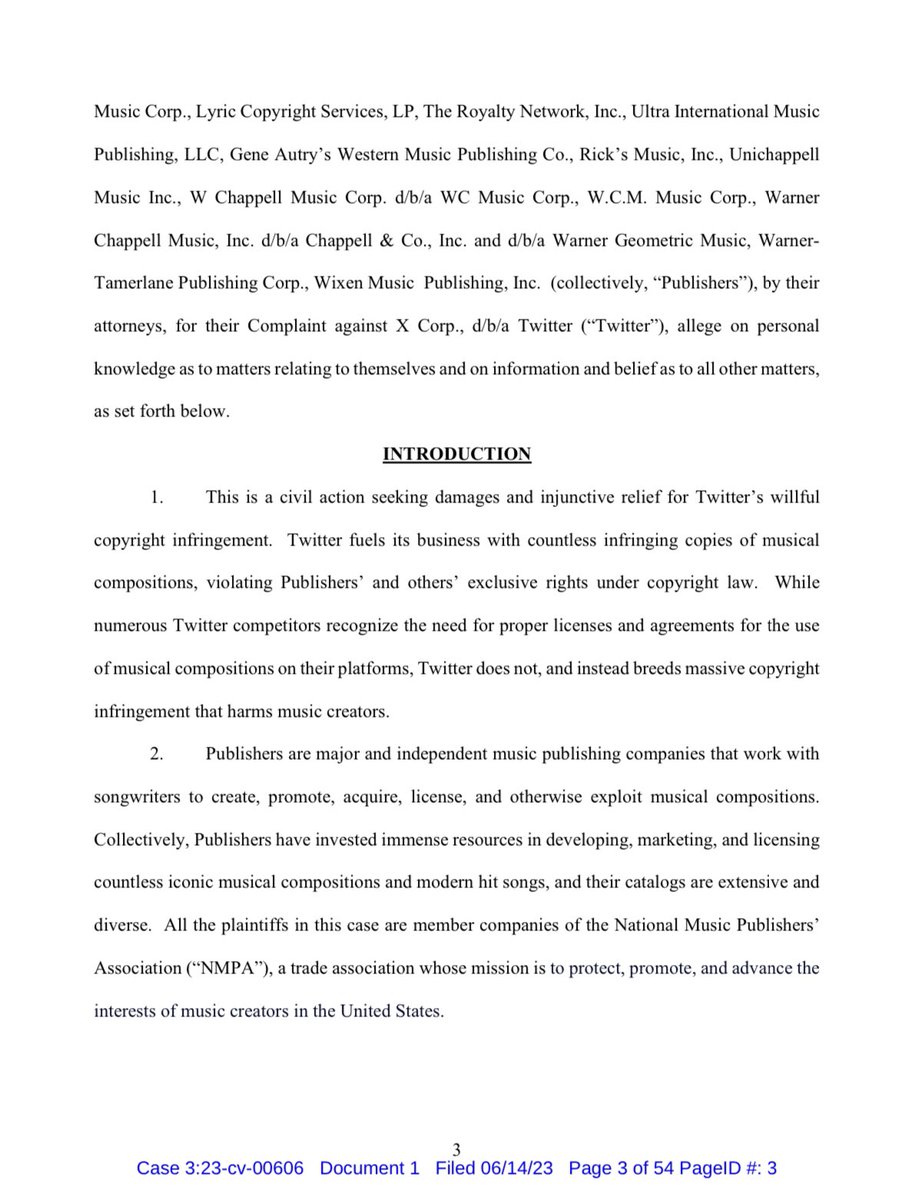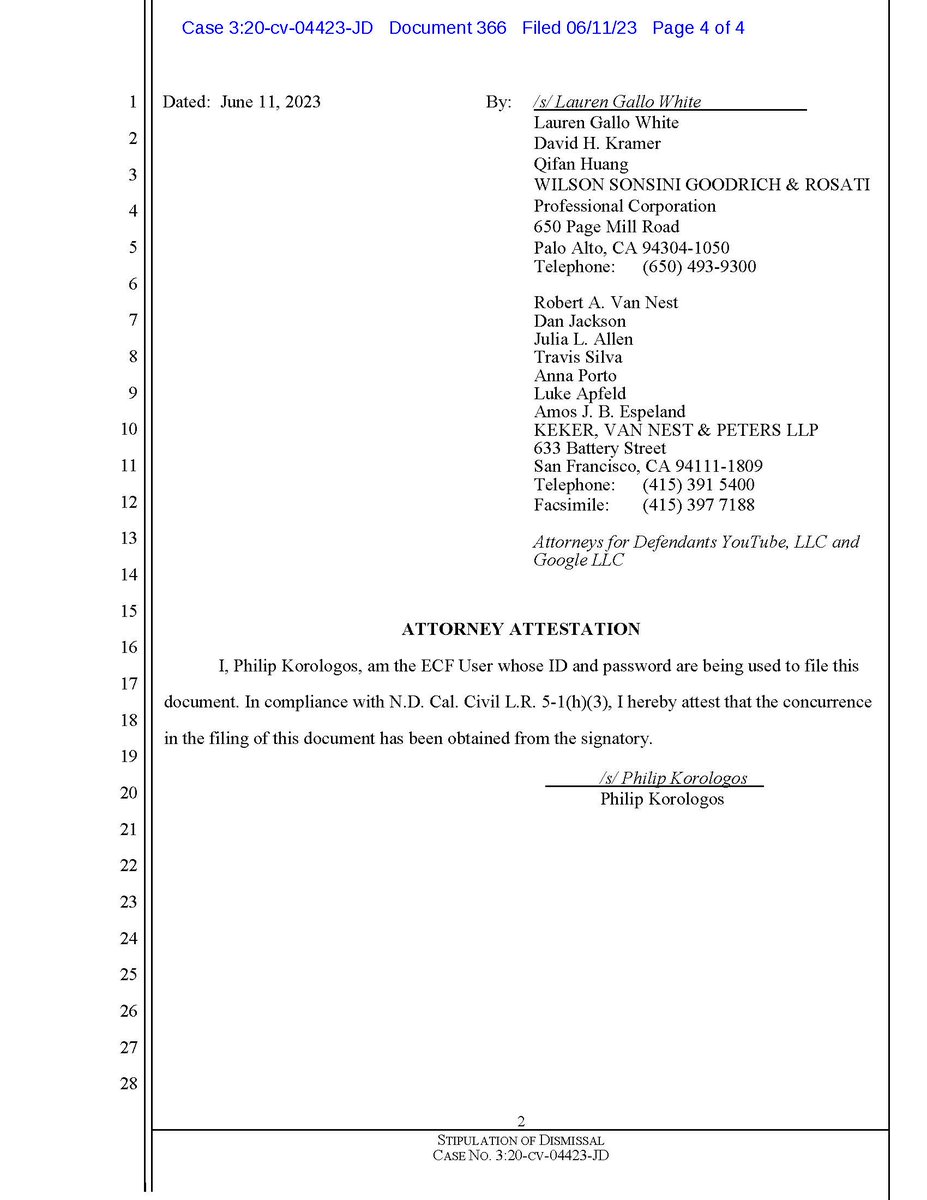Using AI and sensitive information, such as voice or other biometric data?
Keep in mind: “machine learning is not a license to break the law.”
Here's what the FTC is reminding businesses 🧵
ftc.gov/business-guida…
#ArtificialIntelligence #privacy #AI #data
Keep in mind: “machine learning is not a license to break the law.”
Here's what the FTC is reminding businesses 🧵
ftc.gov/business-guida…
#ArtificialIntelligence #privacy #AI #data
The Federal Trade Commission just released a new blog post that expands on the recent complaints against Amazon & Ring by providing some practical takeaways when it comes to AI tech, including natural language processing, and the collection, storage, & use of biometric data.
🔐 Be mindful of privacy when training and developing an AI tool. The FTC's enforcement authority under Section 5’s unfairness standard looks to both the benefit AND the cost to consumers for AI solutions.
“The message for businesses: The FTC will hold companies accountable for how they obtain, retain, and use the consumer data that powers their algorithms.”
🔐 Consumers control their data, not companies. The FTC highlights the issues with so-called “check the box 'consent'.” They also highlight the importance of allowing parental controls over children's data.
🔐 Special safeguards should be in place for human review and employee access to sensitive data. This includes human review and cleanup of AI data, which consumers should know about.
🔐 The FTC protects biometric data.
In this new blog post, the FTC notes “deserves the utmost protection because of its inherent sensitivity and the potential for bias, discrimination, and other harmful uses.”
ftc.gov/system/files/f…
In this new blog post, the FTC notes “deserves the utmost protection because of its inherent sensitivity and the potential for bias, discrimination, and other harmful uses.”
ftc.gov/system/files/f…
🔐 The FTC is heavily focused on protection of kids' privacy. This includes using every tool it has available, including COPPA, to enforce protections.
🔐 The FTC has, and may in the future, require companies that improperly collect and use data to train AI algorithms and models to delete the data and models and products or services built using them.
I'm still puzzled as to why we aren't seeing the same forced deletion of datasets, algorithms, and models that Amazon and Ring built using the data at issue. It seems like maybe the FTC isn't wanting to poke that bear?
Or, maybe because doing so would be impractical without completely destroying Amazon/Ring's business?
Or, is there some other reason algorithmic destruction is off the table in these two recent proposed settlements?
What do you think, @tiffanycli?
I'm curious if you have thoughts as to why we didn't see the previously used algorithmic destruction requirements in either of the Amazon or Ring proposed settlements.
I'm curious if you have thoughts as to why we didn't see the previously used algorithmic destruction requirements in either of the Amazon or Ring proposed settlements.
• • •
Missing some Tweet in this thread? You can try to
force a refresh

 Read on Twitter
Read on Twitter





















